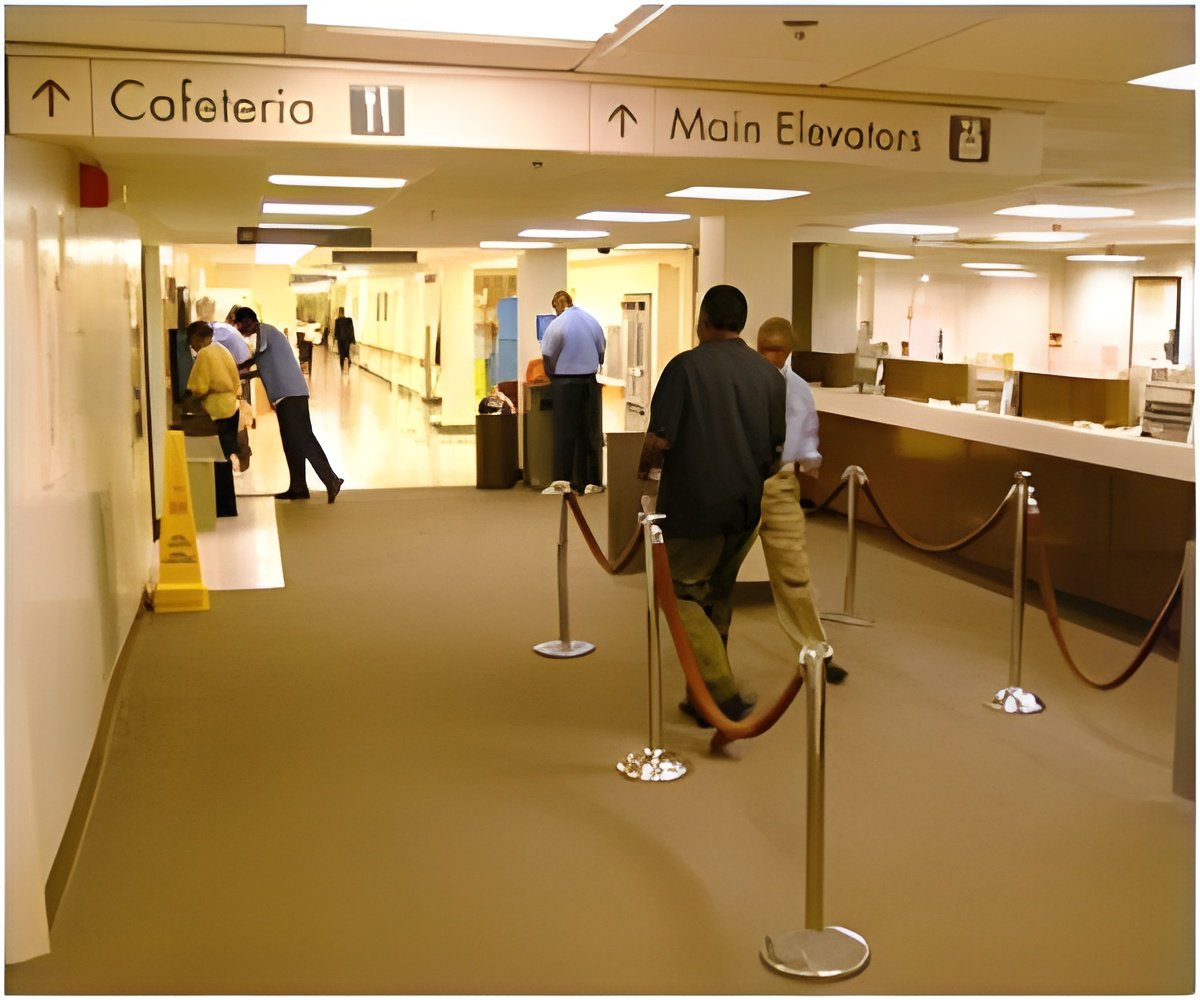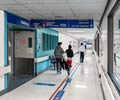Researchers from the University of Cambridge, the reason behind the spread of methicillin-resistant Staphylococcus aureus (MRSA) occurring in under-resourced hospitals has been found

"In under-resourced hospitals and clinics, formal screening procedures for MRSA are not in place," said Professor Sharon Peacock of the University of Cambridge and the Wellcome Trust Sanger Institute, who led the research. "Filling gaps in our understanding of how MRSA spreads in such settings is important, since this not only highlights the problem but also provides direction to interventions that tackle this and other hospital-based pathogens."
The team of researchers from the UK, Thailand and Australia monitored all patients on two intensive care units (ICUs) at a hospital in northeast Thailand over a three-month period in order to track how and when MRSA was transmitted. During this time, five staff members and 46 patients tested positive at least once, which represented 16% of adult and 34% of paediatric patients.
Conventional bacterial genotyping approaches do not provide enough discrimination between closely-related MRSA strains to be able to pinpoint transmission from one person to another, but whole genome sequencing addresses this problem. A total of 76 MRSA populations, or isolates, were sequenced, including up to two repeat isolates from patients who tested positive for MRSA in the first screen. None of the patients or staff members who tested positive for MRSA were asymptomatic carriers.
By conventional typing, all of the MRSA identified belonged to sequence type 239, the dominant MRSA lineage worldwide. But, based on sequence data, there was considerable genetic diversity, including the presence or absence of clinically important genes such as those coding for antiseptic resistance and antibiotic resistance.
"A striking result from sequence data was the presence of multiple distinct clades, which suggests that several different variants of MRSA were circulating through the hospital at the same time," said Peacock. "We also confirmed numerous transmission events between patients after admission to the ICU, and identified a ’super-spreader’ in each unit."
Advertisement
Following the results of the study, the hospital has implemented a comprehensive hand-washing policy, a project which is being overseen by Ben Cooper, one of the paper’s co-authors.
Advertisement
Source-Eurekalert











